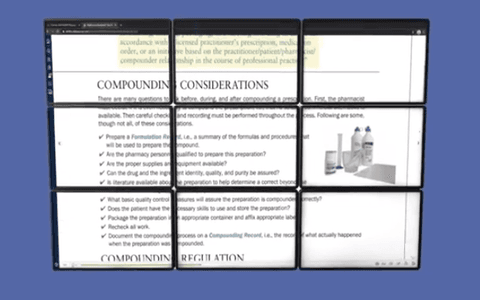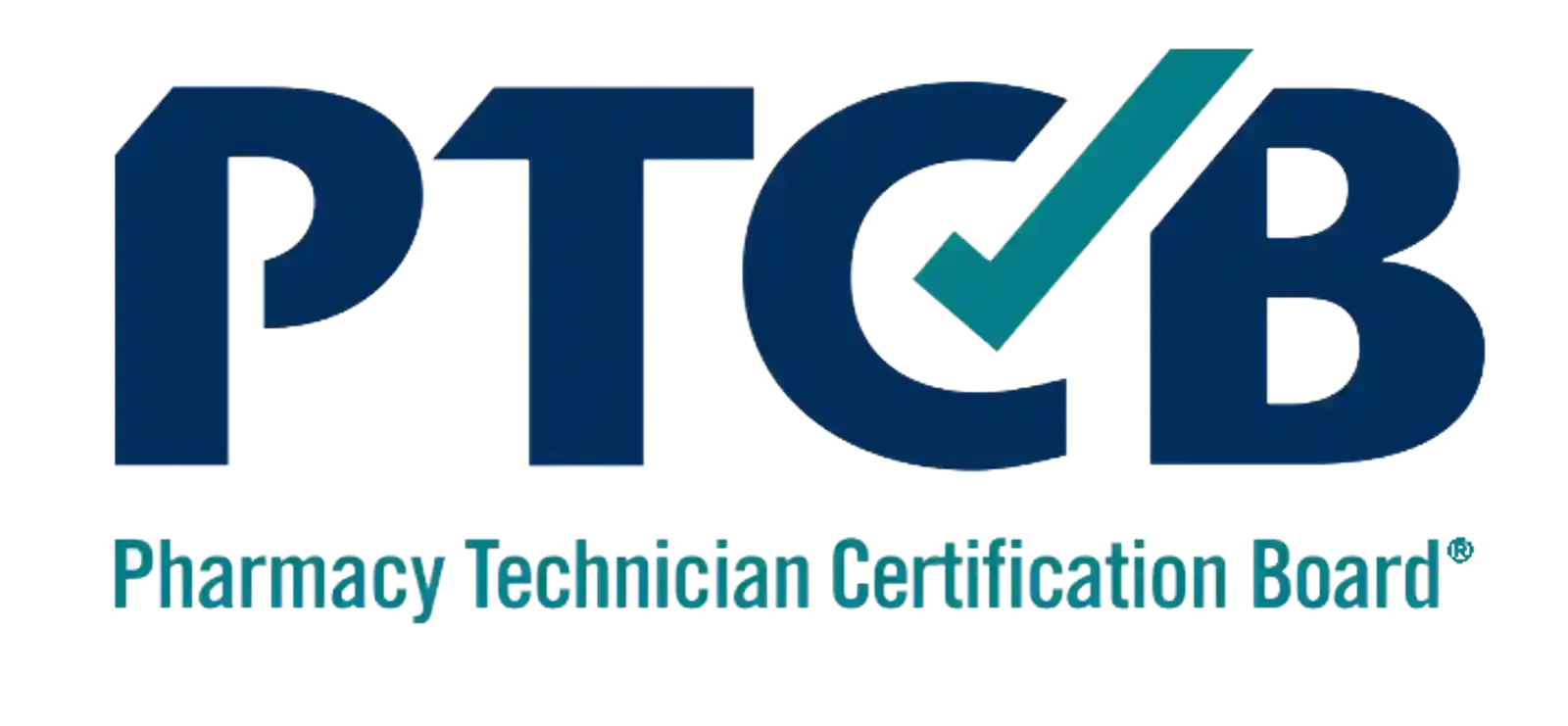This course is designed to familiarize the student with the language of medicine, through the study of prefixes, suffixes, root words, abbreviation, and pronunciation of words. The curriculum also includes an anatomy and physiology app that enables students to explore, visualize, interact, and experience the anatomy of the human body in 3D and augmented reality (AR). Students will examine the organization of the integumentary, musculoskeletal, hematic, lymphatic and immune, and cardiovascular systems in the human body. They will become familiar with the medical terms that relate to the respiratory, digestive, nervous, endocrine, reproductive, and excretory systems. Students will also examine terms related to the sensory organs, with a concentration on the organs for hearing, sight, and smell. This immersive experience will trigger thought processes and enhance learning outcomes in their Anatomy and Physiology program. The app has about 50 simulations across different topics.
- Recognize the structure and function of the 11 body systems and their organs
- Understand the medical language that is used to describe those systems
- Analyze and understand medical terms by breaking down their word components
- Appreciate the major diseases and conditions related to the human body
- Apply your knowledge within the healthcare setting




 Chat Online
Chat Online 800-734-1175
800-734-1175